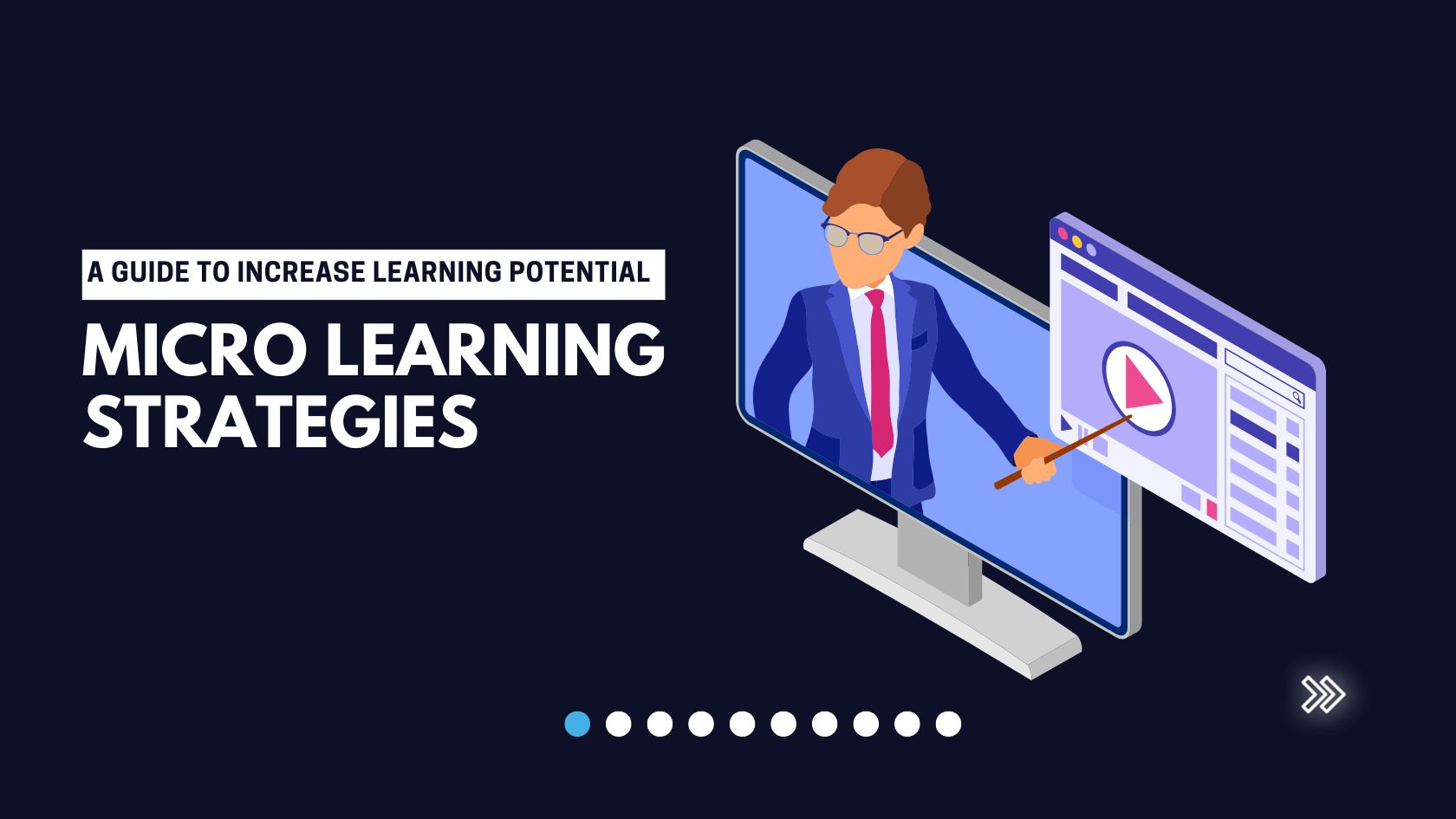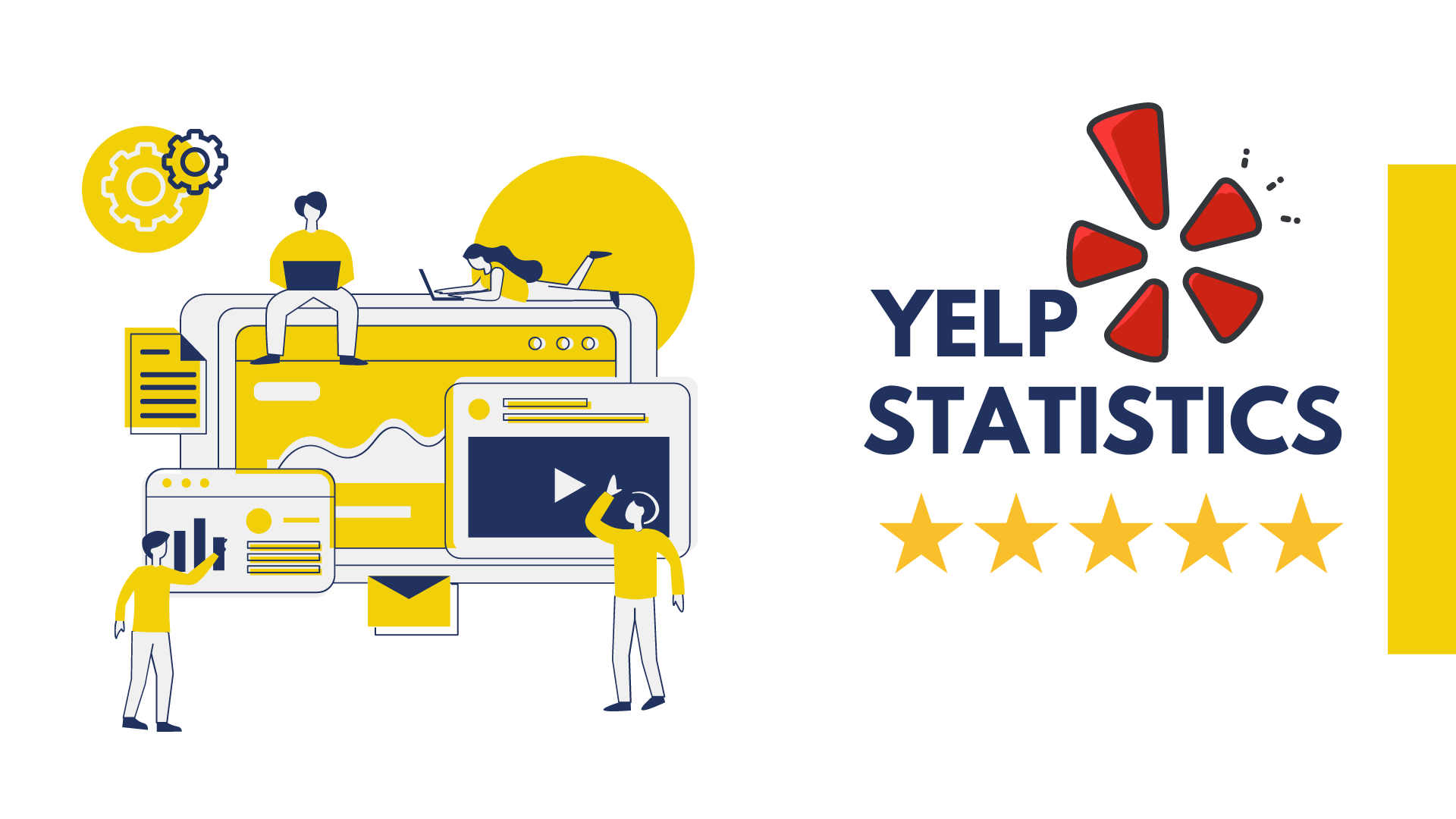Mobile CRM Buying Guide
In our earlier article, experts offered their tips on making mobile CRM initiatives a success. This buying guide provides more insight on evaluating mobile CRM software, and also covers some of the available choices.
So what should organizations look for when shopping for mobile CRM solutions?
Mobile CRM Features
Jay Ivey, managing editor and researcher at Software Advice, suggested that organizations focus on how well the product’s mobile solution delivers core CRM functionality (i.e. contact, lead and opportunity management), rather than getting sidetracked by other bells and whistles. That means having a dedicated mobile app with an intuitive user interface that makes it easy to access and input customer data on the fly, and that offers a sufficient level of synchronization with your core CRM. It is also important that it does not suffer from serious technical bugs.
Buyers should always be careful to prioritize requested features based on the unique needs of their organization, he added.
“For instance, companies looking to develop team selling initiatives should consider products with built-in social platforms that encourage collaboration,” he said. “There is a wealth of CRM features unique to mobile solutions that may or may not be useful, depending on your business, such as offline access, geolocation, business card scanning and signature capture.”
Girish Raja, product manager, Microsoft Dynamics CRM, highlighted customization as a vital ingredient to mobile CRM success. The vast body of potential CRM insights should be filtered down to what the mobile user really needs and turned into role-tailored mobile experiences, Raja said.
“It is not about cramming all the information on a smaller screen. Rather, it is about providing the right information at the right time on the right device.” Raja said.
Vishrut Parikh, director of Product Marketing at NetSuite, called attention to data protection for mobile devices as a necessary safeguard that users should demand.
Mobile CRM Options: a Short List
There are plenty of mobile CRM options out there. Here are a few candidates:
The NetSuite mobile CRM application allows users to create, edit and delete CRM data from mobile devices. It is available to NetSuite customers at no additional charge. As such, it integrates with financials, ERP, e-commerce, inventory and other NetSuite tools. “A fully integrated suite of business applications can provide real-time visibility across your entire business, streamline operations and enable business growth,” Parikh said.
Microsoft Dynamics CRM can connect to tablets and phones, and it offers touch-optimized apps for Windows Phones. The company seeks to provide a consistent experience across mobile, Web and client apps. Tablet apps provide embedded Skype calling. Its Enterprise Device Management (EDM) suite with Windows Intune provides a platform for deployment, management and security of enterprise mobile apps. Mobile functionality is given free to Microsoft Dynamics CRM users.
For $45 per month, per user, Sage CRM mobile provides a cloud-based view across sales, marketing and customer service. It includes contact management, opportunity management, sales forecasting, campaign management, lead management, customer analysis, analytics and more.
The latest version of the Salesforce1 Mobile App comes with more than 30 new features that allow users to sell, service, market and engage from any mobile device. The concept is to run your entire business from a phone. It is available at no extra cost to any user of Salesforce.com and is available for download from the Apple App Store, Google Play and the Salesforce.com website. It is also available via a mobile browser for Windows Phone.
Oracle’s approach to mobile CRM means the company doesn’t have separate mobile pricing. It offers two primary licensing options (seats or sessions), and it doesn’t matter whether your customers use a desktop or mobile device or agents use a full client or mobile client. It is priced in exactly the same fashion.
Stephen Fioretti, vice president, Product Management, Oracle RightNow Cloud Service, said Oracle has adapted its CRM tools so that every aspect of customer interactions are optimized for mobile. This includes the Web, chat, email, SMS and social. Additionally, the company developed a Mobile Agent App for the iPad, iPhone and other mobile devices so agents, specialists and managers are free to roam, and mobile self-service capabilities so users can find answers no matter where they are.
Apttus, built on Salesforce1, is a cloud-based app that centrally manages pricing policies, quotes, proposals, contracts and revenue numbers. It comes with local data storage. Once offline users come back into a coverage area, updates sync automatically.
More Mobile CRM Advice
Now that we've covered some of the features to look for and a few of the products on the market, let's end with more tips from those with years of experience in mobile CRM implementations. The first big point, stressed by several experts, is making sure there is no lag between when the central CRM system receives data and when it is pushed out to mobile users. Otherwise, you end up with salespeople upsetting customers due to wrong billing information or outdated contracts.
“Errors in contracts, invoices and orders are deal breakers for customers,” said Kamal Ahluwalia, chief marketing officer, Apttus. “Making sure that you have all of your accurate information, in real-time, at your fingertips is essential for a successful business transaction.”
Another common hiccup on mobile CRM projects is failing to provide enough local storage for some users. For example, if you have reps in the field who may not be connected to the network for a while, they still need to be able to collect customer data and be able to see the information they need.
“Make sure that your application has local data storage. If your device isn't connected to a network, perhaps when you are on an airplane, you need to still have access to your information,” Ahluwalia said.
Fioretti stressed a device-agnostic strategy. Trying to force a Blackberry or iPhone on everyone may have worked a couple of years ago, but is a recipe for disaster these days.
“Organizations need to deliver the same high-quality experience regardless of the user's choice of channel or device,” he said. And some will still be using five year-old clunkers. “While these types of devices are not used by the majority, organizations still need to ensure a ‘good enough' user experience to include these people.”
Ivey suggested that companies think long and hard about what they can really gain or lose from mobile CRM. How much, for example, will sales reps benefit from up-to-date leads data while in the field? Would allowing them to input customer information while away from the office improve the quality of your CRM data, or might it burden salespeople with unnecessary administrative tasks?
And how problematic will mobile security measures be for your business? The last thing you want is salespeople being slowed down by burdensome login and authentication procedures when they should be selling.
Having clear answers to these general strategic questions — prioritizing your goals and understanding how this technology will fit into users’ day-to-day processes — will help you resolve the more nitty-gritty questions that arise once it’s finally time to choose and implement a solution, Ivey said.
Finally, Michael Peachey, senior director, Solutions and Product Marketing at Salesforce.com, believes the full value of any mobile initiative can only be realized through extensive user training.
“Train your users on features that your mobile CRM has to offer. Some may be tech-savvy but some may not be, so don’t assume they’ll figure it out,” he said.
Drew Robb is a freelance writer specializing in technology and engineering. Currently living in Florida, he is originally from Scotland, where he received a degree in geology and geography from the University of Strathclyde. He is the author of Server Disk Management in a Windows Environment (CRC Press).

Drew Robb is a writer who has been writing about IT, engineering, and other topics. Originating from Scotland, he currently resides in Florida. Highly skilled in rapid prototyping innovative and reliable systems. He has been an editor and professional writer full-time for more than 20 years. He works as a freelancer at Enterprise Apps Today, CIO Insight and other IT publications. He is also an editor-in chief of an international engineering journal. He enjoys solving data problems and learning abstractions that will allow for better infrastructure.


